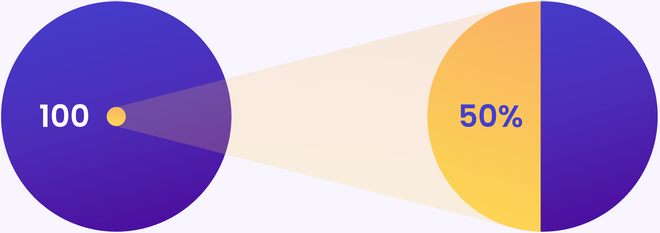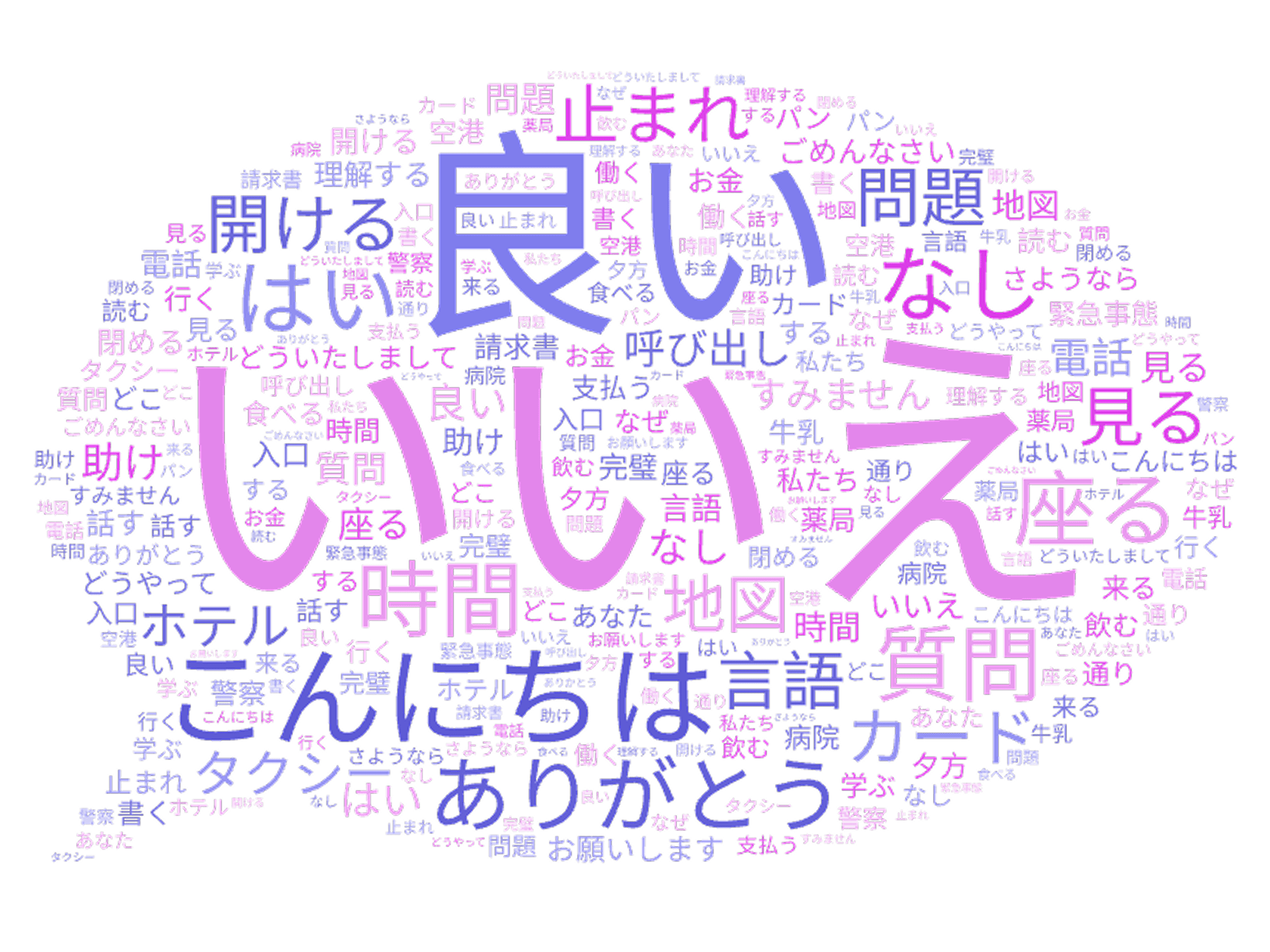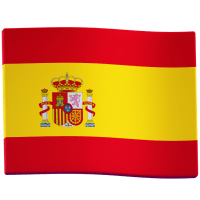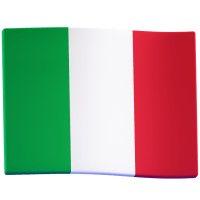Basic Japanese words you need to know to build your Japanese vocabulary
Common Japanese words: facts and figures
However, the answer isn’t as simple as that. Japanese can’t be compared to Western languages in this aspect because it uses three different alphabets: hiragana, katakana, and kanji. Kanji, for instance, are logograms, so each character represents a different word. Knowing this, you won’t be surprised to learn that the Japanese language includes 50,000 kanji. Despite that, only 3,000 of them are in common use in Japan today, with 500 of the most common accounting for 80% of the entire kanji in regular text, such as one from a newspaper.
Luckily, Mondly makes everything easier and helps you learn Japanese in a fun, easy and effective way. The app focuses on teaching you the most frequently used Japanese words so you can build a practical vocabulary that allows you to speak the language fluently. Mondly will help you learn the most useful Japanese words fast because:


When you know the most common 100 Japanese words
You can understand 50% of the texts written in Japanese
Top 10 most common Japanese words pronounced by fluent Japanese speakers
1. こんにちは。 = Hello
It’s nice to be properly greeted, isn’t it? Then let's start with こんにちは。(Kon'nichiwa) which means “Hello” in Japanese. This is one of the most common words in Japanese and a great way to start a conversation with someone from Japan. Click play below to listen to the pronunciation:
こんにちは。
2. 愛 = Love
Love is the best feeling in the world. For this reason alone, “love” should be one the first words you learn in any language. In Japanese, the word for “love” is 愛 (ai). Simple, yet powerful. Hear it pronounced here:
愛
3. 幸福 = Happiness
You know how the song goes: clap along if you feel like happiness is the truth. Japanese people refer to “happiness” by saying 幸福 (kōfuku). Here’s how to properly pronounce it in Japanese:
幸福
4. 猫 = Cat
The world is all about cats these days. No matter how much you scroll, you’ll always find a purr-fect photo of a cat or 猫 (neko) – if you want to say it in Japanese. Hear the pronunciation:
猫
5. 犬 = Dog
Nothing feels better than a walk with our best friend, the dog. “Dog” means 犬 (inu) in Japanese and it’s a very useful word regardless if you’re a dog person or not. Listen to its pronunciation:
犬
6. 微笑む = Smile
Our smiles are contagious. They spread joy, make people happy and lift their spirits. If you think about it, there no good reason not to smile. The word for “smile” in Japanese is 微笑む (hohoemu). Say it with us:
微笑む
7. 日本の = Japanese
You never know when this will come in handy. The word you are looking for if you want to say “Japanese” in Japanese is 日本の (Nihon no). Here’s how a fluent speaker would pronounce this word.
日本の
8. はい。 = Yes
Everyone appreciates a positive answer. A simple “yes” or はい。(hai) can go a long way toward smoothing things over. Enhance your understanding by listening to how a person from Japan would say it:
はい。
9. ありがとうございます。 = Thank you
No matter how busy life gets, always take the time to say “thank you” or ありがとうございます。(arigatōgozaimasu) in Japanese. It’s the most you can achieve with the least amount of effort. Hear the pronunciation:
ありがとうございます。
10. さようなら。 = Goodbye
Every “hello” ends with a “goodbye” or さようなら。(sayōnara) if you are parting ways with your Japanese friends. Here’s how to properly pronounce this farewell in Japanese:
さようなら。
Improve your Japanese vocabulary online with Mondly

If you want to become fluent in Japanese fast, it’s essential to focus your efforts on learning common words that may come up in daily conversations more often than others. Here are some of the most frequent Japanese nouns for places.
Japanese nouns for transportation
Traveling to Japan? Knowing the right words can go a long way if you find yourself in a foreign place. Make sure you learn words that can help you get out of a difficult situation, such as finding a train station. Here are eight such useful Japanese words related to transportation.

Common Japanese words

Japanese nouns related to People
Japanese nouns related to Directions and Positions
Another highly useful lesson is the one related to directions and positions. Learning these basic Japanese words will help you get around and ask for directions when needed.

Core Japanese verbs

出来る (Dekiru): To be able to do” or “can do
する (Suru): To do
です (Desu): To be
なる (Naru): To become
言う (Iu): To say
行く (Iku): To go
見る (Miru): To see
送る (Okuru): To send
持つ (Motsu): To have
待つ (Matsu): To wait
会う (Au): To meet
呼ぶ (Yobu): To call
置く (Oku): To put
受ける (Ukeru): To receive
作る (Tsukuru): To make
着く (Tsuku): To arrive
使う (Tsukau): To use
学ぶ (Manabu): To learn
食べる (Taberu): To eat
飲む (Nomu): To drink
帰る (Kaeru): To return home

Why learn the most common Japanese words first?

Make Japanese learning fun and easier
Starting with the Japanese basics means you will begin by learning the easiest words first and gradually increase difficulty. This way you will feel great while learning and see how your language knowledge broadens.

Have basic Japanese conversations in no time
You'll be able to speak to someone from Tokyo or Osaka about regular topics like weather, politics or family. This will make you confident in your Japanese skills and eager to learn more.

Become fluent in Japanese faster
By learning the most basic Japanese words first you are learning the smart way. Why learn the most unusual words in Japanese when you might never use them in real life?

You improve your Japanese vocabulary list
Each new Japanese word you learn piles up until your vocabulary builds stronger and stronger. Each lesson gets you one step closer to fluency.











